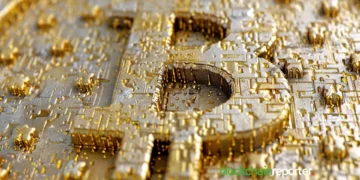The administration of Rio De Janeiro has announced a move to formally accept payments made via Bitcoin towards urban real estate taxes
Changpeng Zhao, the CEO of cryptocurrency exchange Binance, noted the development, tweeting that the business had signed a “handshake arrangement” with the city to begin formal Bitcoin acceptance some time ago, which has now been formalized. Binance will now open an office in the city in the future. “To enable the process, the municipality will recruit organizations specialized in converting crypto assets into reais,” stated the office of Rio de Janeiro mayor Eduardo Paes in an official statement (the Brazilian currency). In this manner, the City Hall will get the entire sum in money.”
“We will stimulate the circulation of cryptocurrencies by integrating them into the payment of taxes, as in the case of IPTU (the real estate tax in the city) and, in the future, this can be expanded to services such as taxi races, for example,” the statement further added.
Rio de Janeiro will be the first Brazilian city to accept Bitcoin payments if the project is fully implemented. According to the announcement, which has been translated: “To enable the operation, the municipality will hire companies specialized in converting crypto assets into reais. In this way, the City Hall will receive 100% of the amount in the currency.”
The city also intends to implement governance laws based on NFT across a variety of areas, including arts, culture, and tourism. Meta, the world’s largest social networking platform, filed a trademark registration with the Brazilian authorities on Jan. 29 to create, develop, and provide hardware and software for different Bitcoin and cryptocurrency-related services.
This will aid local artists while also encouraging tourists to visit the area, according to Pedro Paulo, the city’s secretary of finance and development. Rio’s recent initiatives aren’t the first of their kind. During a meeting with Miami Mayor Francis Suarez, Paes declared his plan to invest 1% of the city’s finances in digital currency, as previously reported.
Meanwhile, Brazil’s central bank is working hard to develop its own digital currency. The central bank chose Visa and Santander’s bids earlier this month to study the viability of establishing a CBDC. The Brazilian real is expected to enter the testing phase in the second part of the year.






















